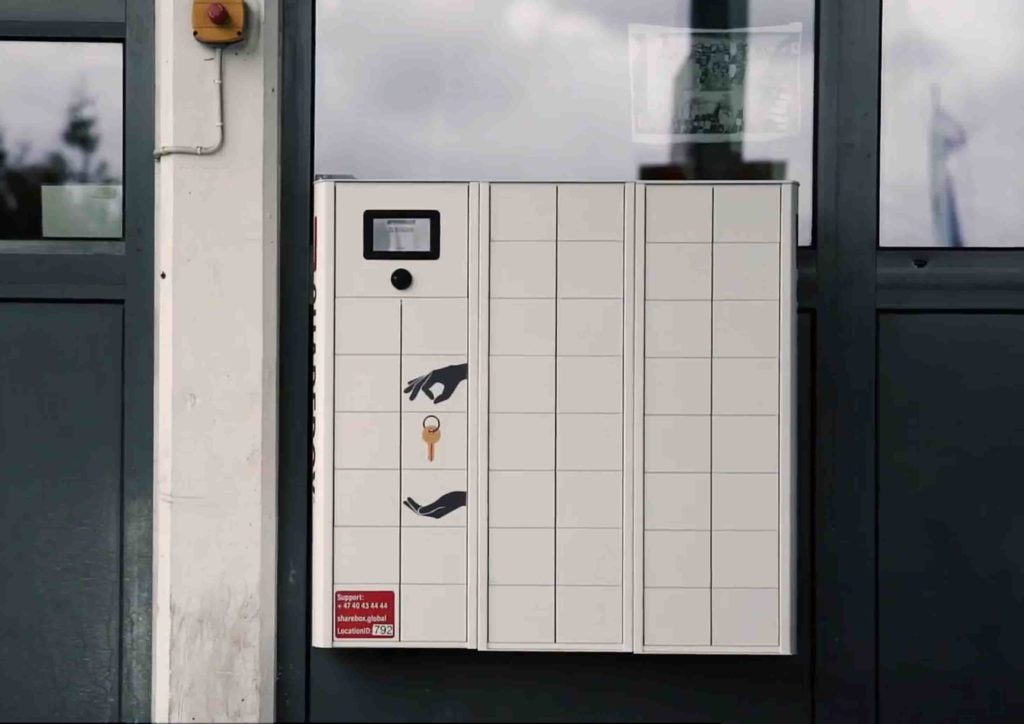Fixed assets play a significant role in the financial health and operational efficiency of a business. For instance, a rental company may categorize its fleet of vehicles, machinery, or equipment as fixed assets. These are essential tools for generating income, and understanding their value, depreciation, and management is vital for sustaining profitability.

What is a Fixed Asset? A Guide for Rental Businesses
One of the primary characteristics of fixed assets is their depreciation over time. Depreciation refers to the process of allocating the cost of the asset over its useful life, which is a critical factor for businesses to consider for tax purposes and accurate financial reporting. For rental companies, this could mean tracking the wear and tear of equipment or vehicles to ensure they maintain their value and usability over time.
Integrating fixed asset management with a robust rental software solution can streamline this process, helping businesses efficiently manage their assets, track depreciation, and make informed financial decisions. Such systems not only automate inventory management but also provide insights into the utilization and maintenance of fixed assets, ensuring they are effectively leveraged to maximize returns.
Why is Fixed Asset Management Important for Rental Businesses?
Effective fixed asset management is essential for rental businesses, as it directly impacts operational efficiency and profitability. By keeping a detailed record of all fixed assets, companies can ensure that their equipment and resources are utilized to their full potential. This includes monitoring the condition of assets, scheduling regular maintenance, and planning for eventual replacement.
For instance, a company offering construction equipment rentals must meticulously track the usage and condition of its machinery. Any delay in maintenance can lead to equipment failure, resulting in costly downtime and dissatisfied customers. By utilizing a comprehensive inventory rental management system, businesses can automate these processes, reducing the risk of human error and improving overall asset management.
Moreover, fixed asset management aids in accurate financial planning. Depreciating fixed assets correctly ensures that a company’s financial statements reflect true asset values, which is critical for attracting investors and securing loans. For rental businesses that deal with high-value assets, such as vehicles or heavy machinery, accurate depreciation calculations are crucial to maintaining a healthy balance sheet.
Additionally, integrating a self-service rental solution can further enhance the management of fixed assets. Customers can easily book and manage their rentals, while the system simultaneously updates the availability and condition of the assets. This not only improves customer satisfaction but also ensures that the fixed assets are being optimally utilized.
By understanding and implementing effective fixed asset management practices, rental companies can maximize the lifespan and efficiency of their resources, ultimately driving business growth and profitability.
The Role of Rental Software in Fixed Asset Management
Rental businesses can significantly benefit from implementing specialized rental software to manage their fixed assets. Such software not only streamlines the rental process but also provides comprehensive tools for tracking and maintaining fixed assets. This integration is crucial for businesses with extensive inventories, such as those in the heavy equipment rental sector, where asset management is key to operational success.
Rental software systems offer features that help companies monitor the lifecycle of their fixed assets. For example, they can track the purchase date, depreciation schedules, maintenance history, and current condition of each asset. This level of detail ensures that assets are used efficiently and helps in making informed decisions about repairs, upgrades, or replacements. For rental businesses dealing with high-value items like jet skis or construction machinery, such insights are invaluable.
Furthermore, rental software can automate many tasks associated with fixed asset management. For instance, it can send automated reminders for maintenance, update the depreciation value in financial records, and provide real-time data on asset availability. This automation reduces the risk of human error and frees up time for business owners to focus on strategic growth initiatives.
Another critical aspect of rental software is its ability to integrate with other business systems. This integration allows for seamless communication between inventory management, financial reporting, and customer relationship management (CRM) systems. As a result, businesses can maintain an accurate overview of their fixed assets, ensuring that every aspect of asset management is aligned with overall business objectives. This is particularly important for companies that offer subscription-based rental services, where fixed assets are in constant rotation.
Enhancing Business Growth with Efficient Asset Utilization
Efficient utilization of fixed assets is directly linked to the growth and profitability of a rental business. When assets are well-managed, they contribute more effectively to revenue generation. For example, a company offering vehicle rentals can maximize its income by ensuring that all vehicles are well-maintained, available when needed, and appropriately priced according to their current condition and market demand.
One way rental software facilitates better asset utilization is through detailed reporting and analytics. Business owners can access real-time data on asset performance, usage patterns, and profitability. This information is crucial for making strategic decisions, such as whether to invest in new assets or retire old ones. For companies operating in highly competitive markets, such as sports equipment rentals, these insights can make the difference between leading the market and lagging behind competitors.
Moreover, the ability to manage bookings and inventory in real-time means that rental businesses can optimize their asset availability. For instance, an online booking system integrated with rental software can prevent double bookings and ensure that assets are always rented out at their highest value. This efficiency not only increases revenue but also enhances customer satisfaction, as clients can trust that the equipment they need will be available and in excellent condition.
Conclusion: Leveraging Technology for Superior Fixed Asset Management
In conclusion, fixed assets are a cornerstone of any rental business, and managing them effectively is critical for long-term success. By leveraging advanced rental software, businesses can streamline the management of these assets, from initial acquisition through to disposal. This technology enables rental companies to optimize their operations, improve financial planning, and ultimately drive growth.
For rental businesses looking to stay competitive, investing in robust rental booking software is not just an option—it’s a necessity. This software offers the tools needed to manage fixed assets efficiently, ensuring they contribute to the business’s profitability over their entire lifecycle. By integrating these tools into everyday operations, rental companies can enhance their service offerings, increase customer satisfaction, and secure a strong position in the market.

